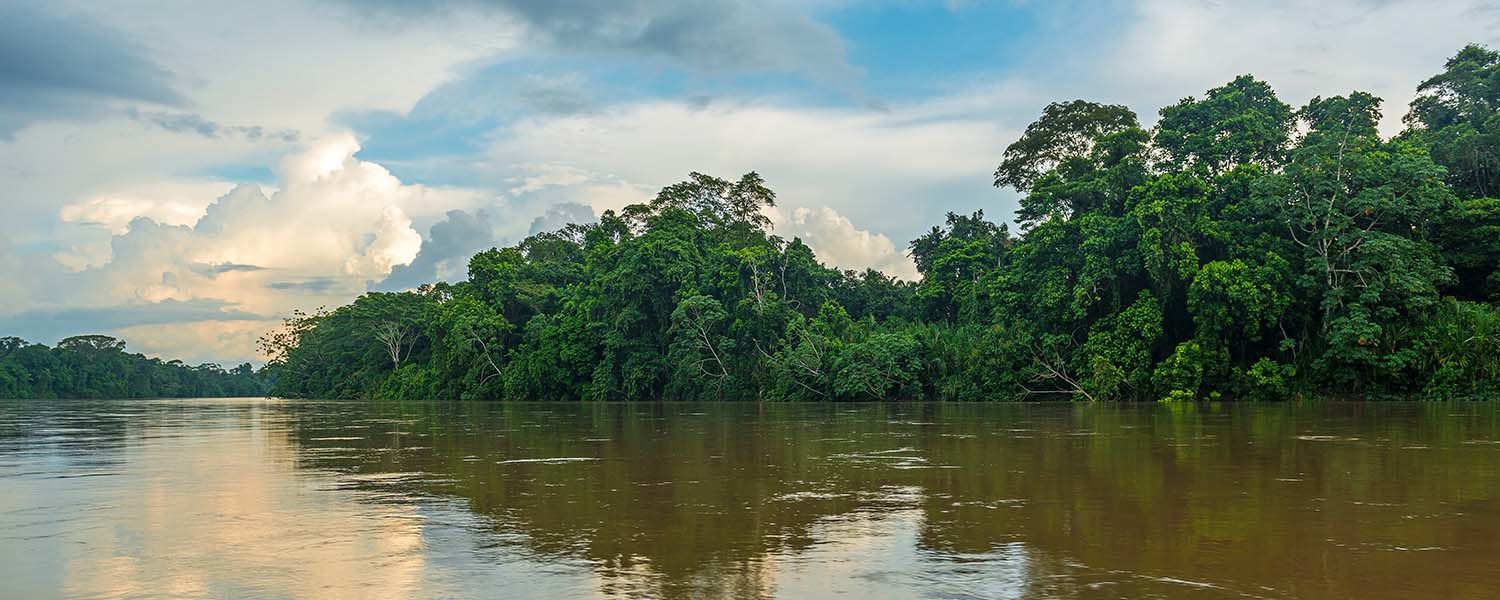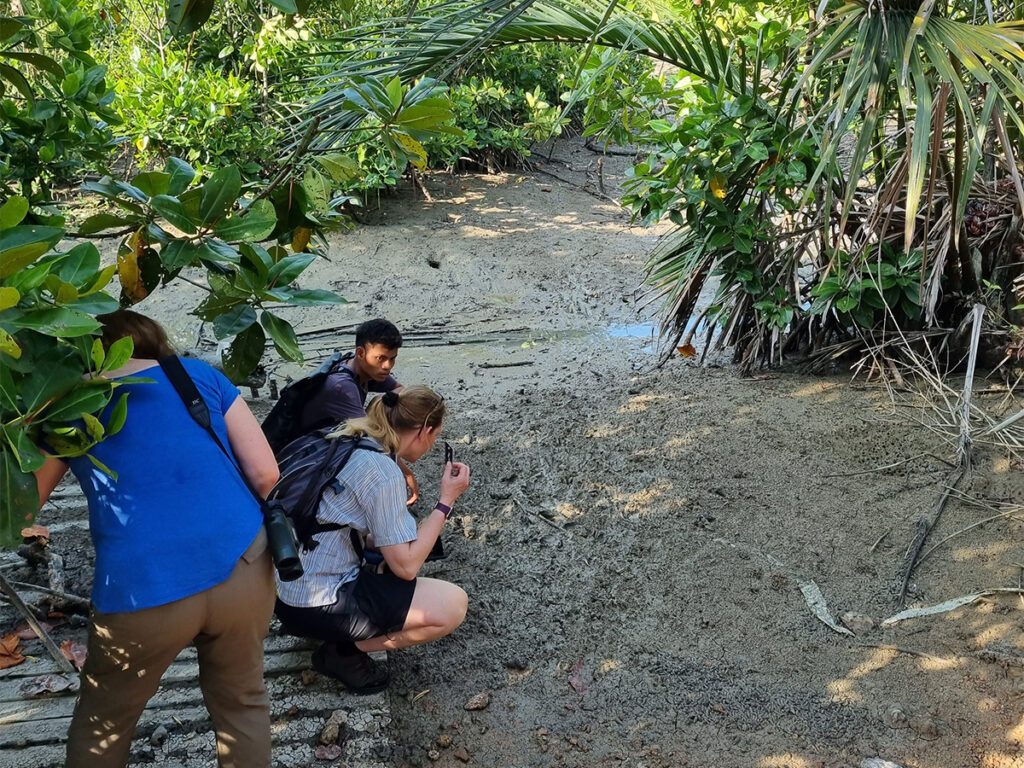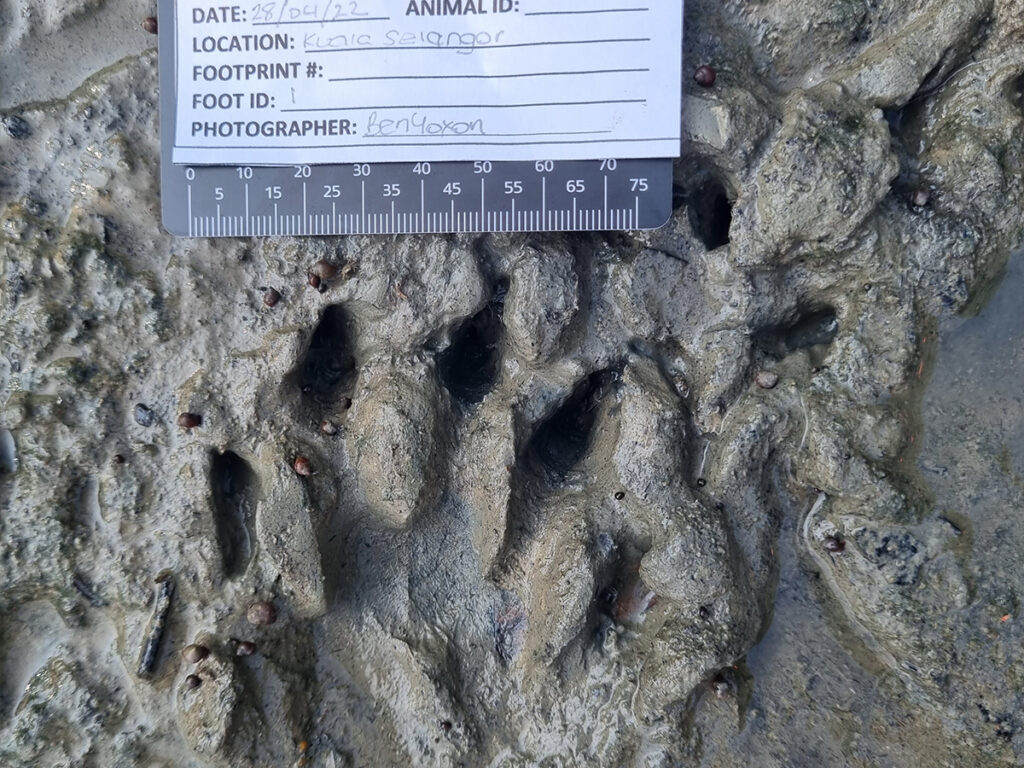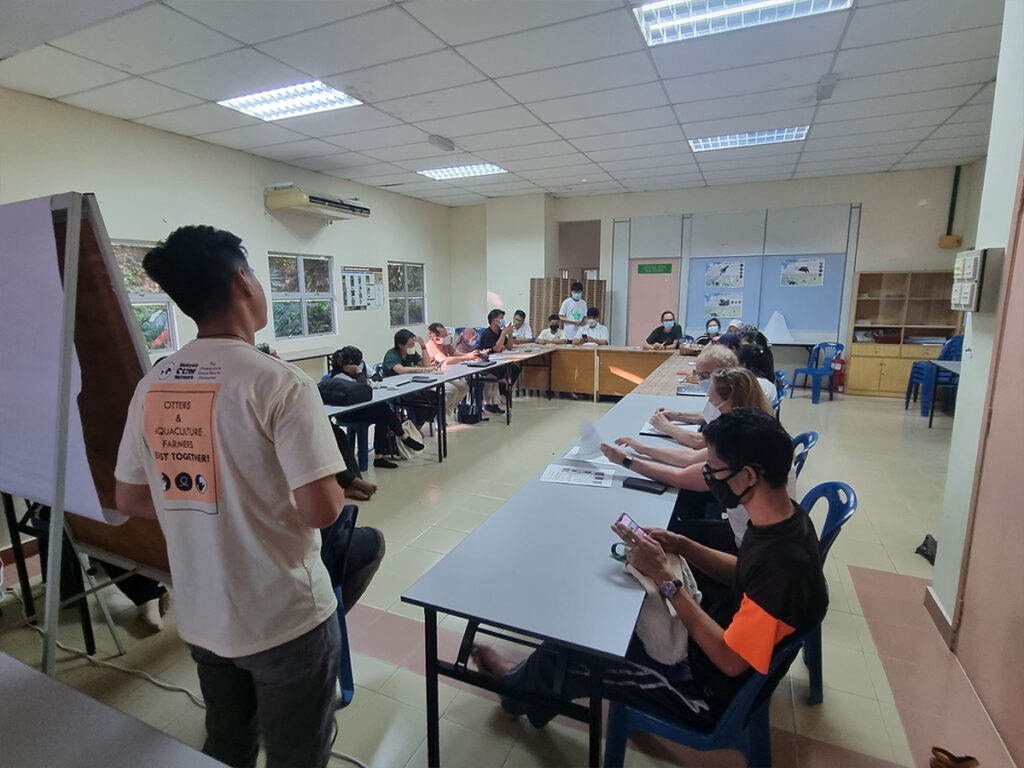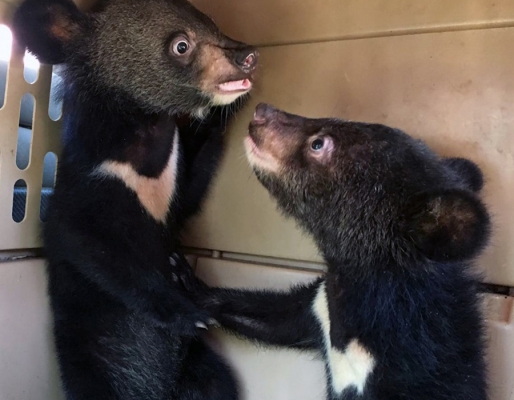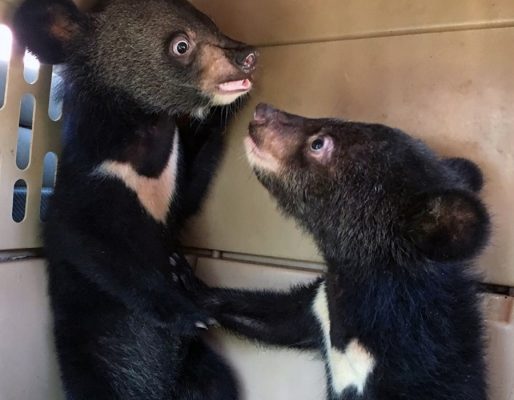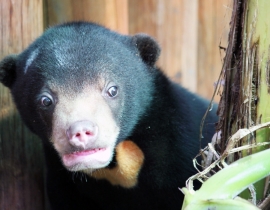Posted May 31, 2022 in Asia
Earlier this year, Action for the Wild donated funds to the International Otter Survival Foundation (IOSF) to conduct an otter workshop in Malaysia at the end of April.
The workshop was a big success with 71 attendees taking part, either in person or virtually. The workshop aimed at training conservationists, government officials and other similar stakeholders to engage with otters, demonstrate techniques in education, research, dealing with threats and other similar conservation issues.
During this Malaysian workshop, IOSF partnered with the Malaysia Nature Society (MNS) and Malaysian Otter Network (MON). The workshop was held at Kuala Selangor Nature Park, which is a protected area in the Selangor region of Peninsula Malaysia. The area was chosen as it is home to three of the four species of otter in the region and allowed for practical field sessions on otter signs and hopefully spotting otters in the wild.
A number of speakers covered topics such as global otter conservation, surveying techniques, education and illegal trade issues, so attendees gained a better understanding of otters as a whole, with more specific information on the countries within the area and also aspects that are causing their decline. The information, particularly on the four countries, gave a better idea of the status of each species within the region.
The presentations allowed more information on species dispersion across the region, but identified that more baseline data needs to be collected. It is fundamentally important to do base line surveys as, unless they have this data, they cannot prepare and implement a practical conservation plan for the future. Much of the information offered was in relation to seized otters from illegal trade and there have been few official research projects. This, once again, emphasises the importance of encouraging more research and the importance of workshops such as this to teach correct techniques.
The second day provided an introduction into surveying techniques including presentations on footprint analysis through WildTrack Footprint Identification Technology (FIT), which is a programme we have participated in at Colchester Zoo by providing photos of our smooth-coated otter tracks.
On the final field visit day, the attendees’ newly acquired survey techniques paid off, as the group were fortunate to see a large family of smooth-coated otters which hunted for a brief time before heading back in to the forest. Their presence had ensured that there was an abundance of recent footprints and trails to be documented to help the artificial intelligence (AI) for footprint recognition.
The workshop concluded with a discussion about plans moving forward to try and increase knowledge, reduce threats and increase conservation of otters across the region. The Malaysia Nature Society plan to produce a roadmap for otter conservation to encourage more involvement of other ecologists and the general public. With regards to research, it was agreed that it is most important to gain baseline data on otter distribution and presence/absence of species. Better cross-national and cross-regional co-operation is essential in order to reduce trade and it is vital to work closely with local communities so that that any conflicts are kept to a minimum and addressed accordingly. By inviting members of the communities to the workshop, organisers got first-hand information about what the communities want and need, and how conflict resolution can be achieved. Community education and outreach were planned in a way to help individuals and stakeholders to obtain a better understanding of the benefits of otters, with a special emphasis on children and local communities. It is important to empower both parties to be part of the change.

